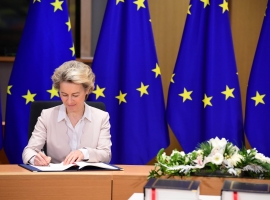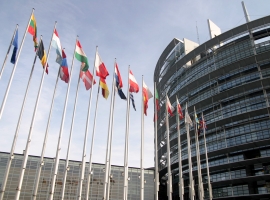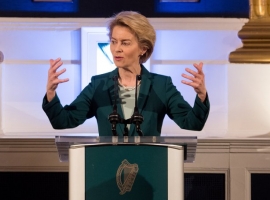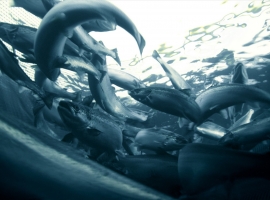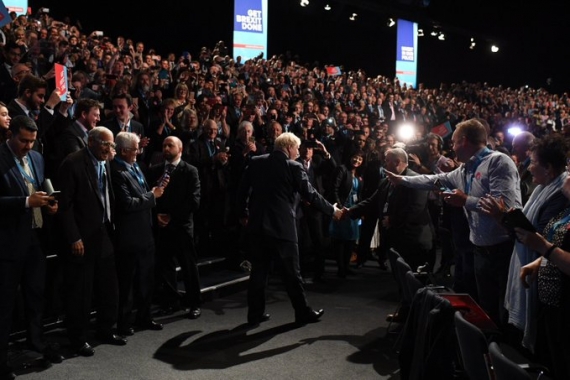
European Union leaders start two days of tough talks on Thursday on a joint seven-year budget from 2021 and must work out how to fill a 75 billion euro hole left by Britain's departure just as they face costly climate and other challenges.
The joint budget is the most tangible expression of the key topics the EU members want to focus on over the next seven years, as well as of their willingness to stump up cash.
While the bloc wants to spend more on climate, migration, digitalisation and security measures, the rich net contributors refuse to pay more while poorer net beneficiaries are determined to keep in place the support they get for farming and development.
"Everything is on the table. Waiting will not make things easier," chairman Charles Michel said ahead of the leaders' summit.
The starting proposal for national contributions is 1.074% of the bloc's gross national income (GNI), or a combined 1.09 trillion euros. While that is only a fraction of the 27 member states' national budgets, there is little expectation that the leaders will agree on it this week.
The discussion will lay bare divisions in the bloc and differing priorities of countries in the north and south, the east and west, and the more developed and less advanced economies.
"The proposal is not just, because it lowers cohesion funds and we need investments," Czech Prime Minister Andrej Babis said ahead of the gathering. "It is going to be a tough struggle. I think that the positions are so far apart that there will hardly be an agreement."
The EU budget gets money from customs duties on goods entering its single market, a cut of sales tax, antitrust fines imposed by the EU on companies, and from national contributions.
It spends money on subsidies for EU farmers, on equalizing living standards across the bloc, border management, research, security and various foreign aid programs.
Some net contributors - the "frugal four" of the Netherlands, Austria, Sweden and Denmark - want to limit the budget contributions to 1.00% of GNI. Germany, the biggest contributor, is prepared to accept a bit more, but 1.07% is too high for Berlin.
"As net contributor, we are not satisfied," Austrian Chancellor Sebastian Kurz said of Michel's proposal of a 1.074% ceiling, which came in lower than an earlier proposal of 1.14% put forward by the bloc's executive and 1.3% sought by the European Parliament.
The net payers want to keep their rebates, which currently lower their contributions, while everyone else wants to scrap them. France wants to keep generous agricultural subsidies, while some others want to shift funding to new challenges ranging from fighting climate change to boosting the digital economy.
The bloc is also looking for new sources of revenue, but the leaders are split on whether a proposed tax on plastic waste or sharing profits from carbon emissions trade are the way to go.
Spain is fuming that it would only get a small part of new funds envisaged for economic transition to carbon neutrality, while Lithuania is seeking compensation for a declining population.
The complex horse-trading exercise is expected to take longer than just one EU summit, although officials warn that without an agreement by the end of the year, the bloc might not be able to spend on anything much from 2021. (Reuters)
Source: www.businessworld.ie


